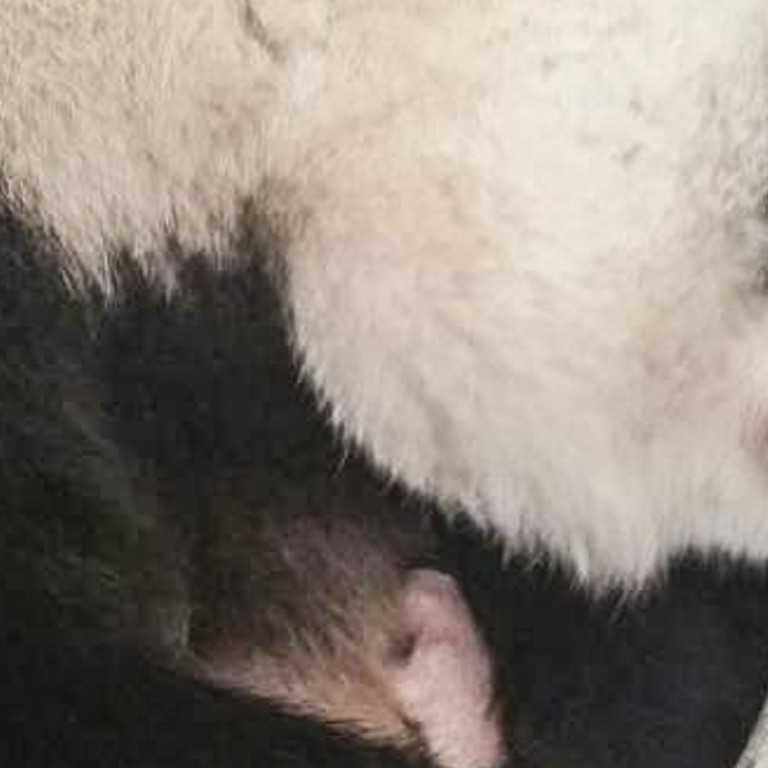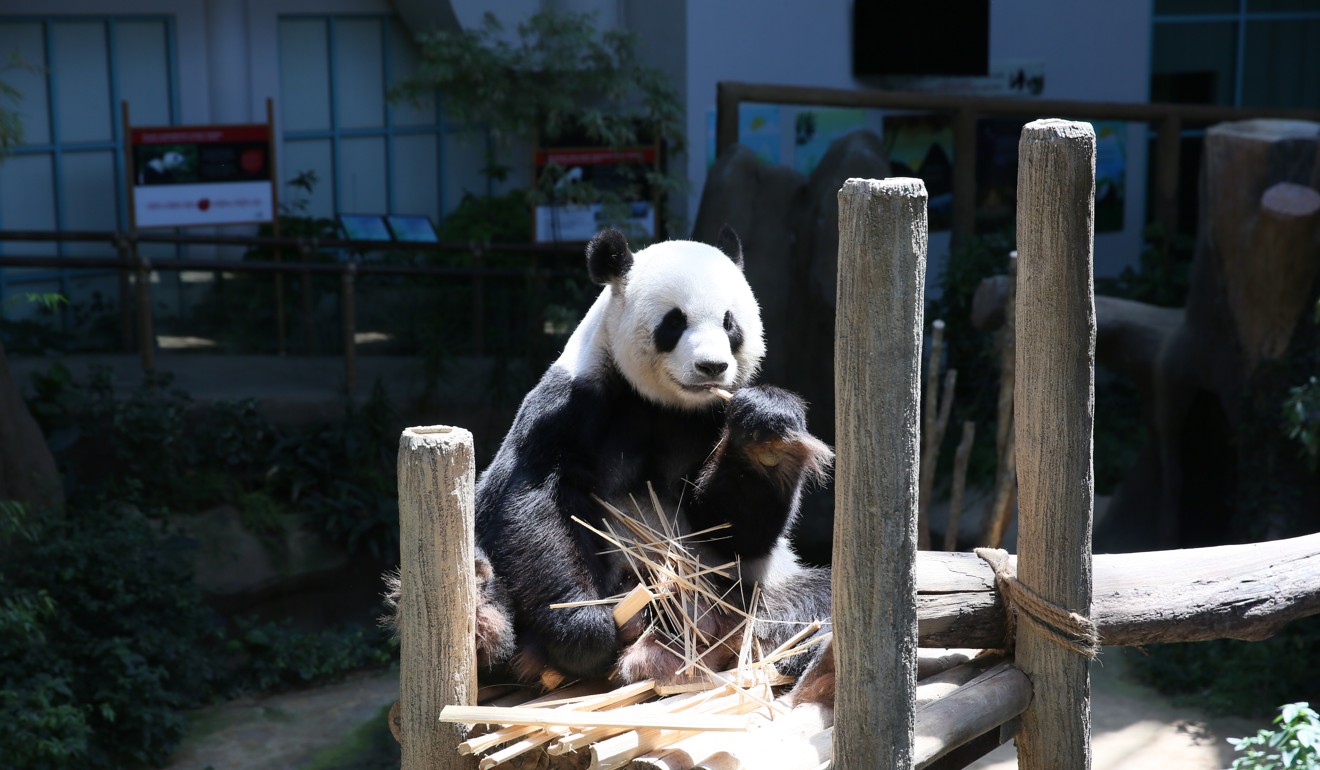
Protective panda won’t let Malaysian zookeepers near her newborn cub
Officials were not yet sure of the cub’s gender as the mother was keeping the youngster so tightly in her grasp zookeepers could not get near.
A giant panda cub has been born in a Malaysian zoo, the second offspring of a pair of giant pandas on loan from China.
Giant pandas Liang Liang and Xing Xing arrived in Malaysia from China in 2014, as part of China’s “panda diplomacy” under which friendly countries get a pair of the animals to help with breeding and conservation work.
The Malaysian national zoo’s panda centre has been unable to determine the gender of the cub as its protective mother, Liang Liang, has not allowed keepers to take it away for inspection.
“We have to feed the mother by hand as she needs to use both her arms to hold the baby,” said Mat Naim Ramli, the centre’s director.

“While we feed her, we try to persuade her to let us take the baby, to carry out small procedures like measurements. But she can somehow smell that we want to take her baby away, so she’s been very attentive.”
The cub has yet to be named.
Its older sister, Nuan Nuan, was born in August 2015 and went back to China in November. Under the arrangement with China, cubs are sent back once they reach the age of two.
The public will be asked to suggest names for the cub, with China and Malaysia making a decision based on a shortlist, Mat Naim said.
Liang Liang and Xing Xing came to Malaysia in 2014 on a 10-year loan.
Their arrival was held up by a month after the disappearance of Malaysian Airlines flight MH370 – carrying mostly Chinese passengers – caused tensions between Kuala Lumpur and Beijing.
Additional reporting by Agence France-Presse

